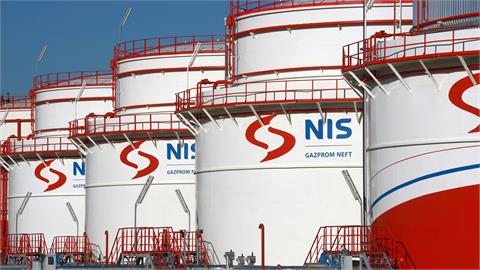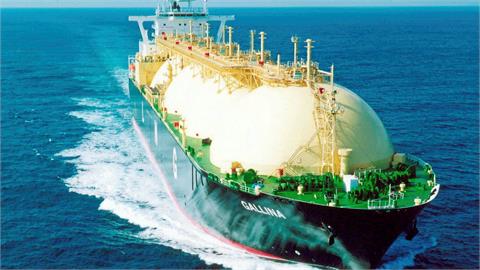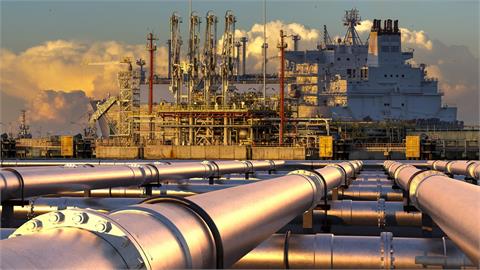The decline in demand for oil products has amplified and proliferated across the EU in April due to COVID-19 measures, according to the 27-member bloc's statistical office on Wednesday.
EU member states have taken restrictive measures to slow down the spread of COVID-19 that have impacted the use of fuels for transport, including limitations on international air traffic and people’s movements, the Eurostat said.
These measures, which began in mid-March, were in full force during the whole month of April. Therefore, preliminary April data shows the decline in demand, which was observed in March 2020 for some transport fuels and in some countries, amplified and spread more widely across the EU.
In April 2020, EU deliveries of gasoline and diesel, except Greece's due to unavailable data, fell by 34% and 21%, respectively compared with the previous month when the measures began, and by 46% and 25% compared to January when there were no restrictive measures yet in place.
The air-traffic limitations had a major impact on kerosene, which includes kerosene-type jet fuel, according to the Eurostat. In the EU, demand decreased by 63% and 75% compared to March and January, respectively.
- Largest decline in gasoline delivery seen in France
In April 2020, gasoline deliveries plunged in almost all EU member states, and in many cases, reached new record lows since 2008.
The largest quantity decreases compared with the previous month were observed in France with 311,000 tonnes or 58%, Germany with 250,000 tonnes or 20%, Italy with 203,000 tonnes or 55% and Spain with 179,000 tonnes or 65%.
The deliveries of gas/diesel oil further decreased in most member states. The sharpest drops compared to the previous month were observed in France with 983,000 tonnes or 29%, Spain with 737,000 tonnes or 31%, Germany with 640,000 tonnes or 14% and Italy with 485,000 tonnes or 30%.
Kerosene deliveries plummeted to new record lows, according to the office. The largest decreases were observed in Germany with 410,000 tonnes or 62%, France with 279,000 tonnes or 70%, followed by Spain with 258,000 tonnes or 87%, the Netherlands with 131,000 tonnes or 58%, and Italy with 116,000 tonnes or 68%.
(Anadolu Agency, June 17, 2020)



